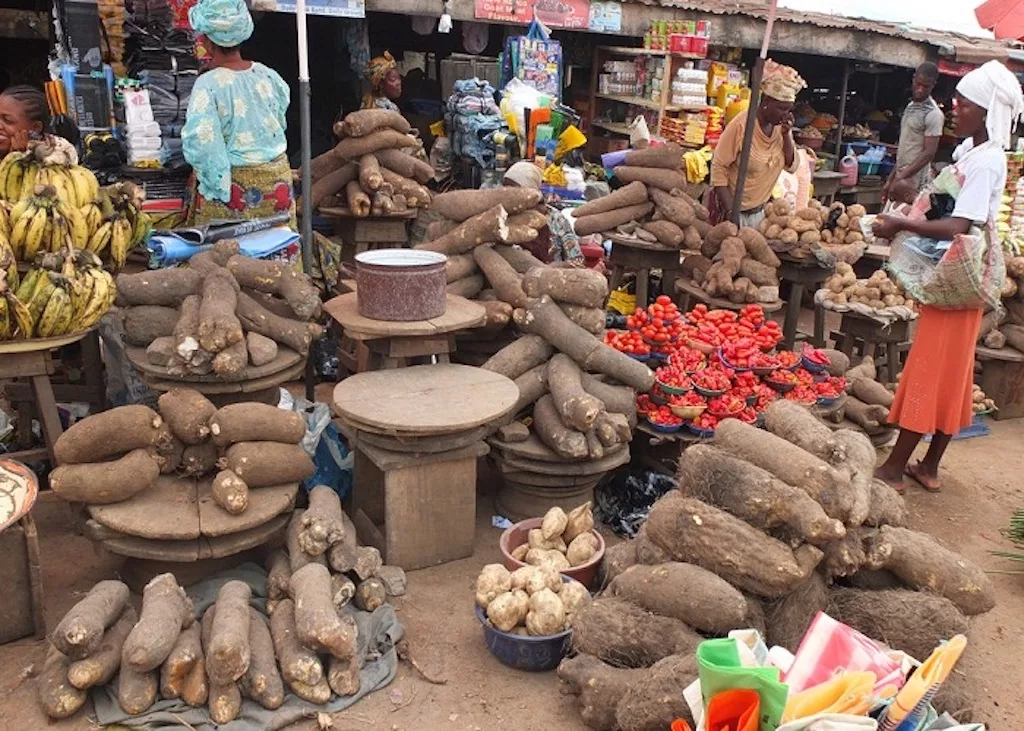In February 2024, Nigeria experienced a significant spike in imported food inflation, reaching a staggering 29.8 per cent, as reported by Nairalytics, the research arm of Nairametrics. This marked a notable increase from the 26.3 per cent recorded in the previous month, representing a 352 basis points surge.
Analysts attribute this sustained rise in imported inflation to a combination of internal and external factors. Externally, disruptions in global supply chains stemming from the COVID-19 pandemic and the Russia-Ukraine conflict, coupled with soaring global oil prices, have played a pivotal role. Domestically, the scarcity of foreign exchange (FX) and subsequent devaluation of the Nigerian currency have exacerbated the situation.
The Naira’s depreciation has been pronounced, with a 37.7 per cent decline at the official market and a 17.3 per cent drop in the parallel market in January. Year-to-date figures depict a 43.4 per cent and 24.7 per cent depreciation respectively. This currency devaluation has directly contributed to the headline inflation rate soaring to a nearly 28-year high of 31.7 per cent during the review period, with both the core and food components of the index registering significant increases.
Food inflation surged by 251 basis points to 37.92 per cent, while core inflation, excluding farm produce and energy, rose by 154 basis points to 25.13 per cent. The National Bureau of Statistics (NBS) identified food and non-alcoholic beverages as major contributors to headline inflation, with prices of staple foods such as bread, cereals, yam, tubers, fish, oil, fat, meat, fruits, and coffee witnessing substantial hikes.
Similarly, the surge in core inflation was propelled by escalating costs of road transport, accommodation, medical services, and pharmaceutical products. Despite the Central Bank of Nigeria’s (CBN) efforts to curb inflation and manage FX volatility through various policies, including significant increases in the benchmark interest rate, inflationary pressures have persisted unabated.
President Tinubu’s administration has maintained its stance against food importation, citing the need to address food inflation. However, data from the National Bureau of Statistics (NBS) reveals a significant increase in agricultural imports in 2023, highlighting the challenges facing the country’s trade balance and exchange rate stability.
In response to the crisis, the CBN announced the allocation of 2.15 million bags of fertilizer valued at over N100 billion to enhance food production capabilities and stabilize prices within the agricultural sector. Additionally, the release of maize, millet, and other commodities from reserves aims to mitigate the rising cost of food.
Looking ahead, the CBN’s upcoming Monetary Policy Committee (MPC) meeting will be crucial in determining the policy direction. With the interest rate-inflation differential currently at a deficit of 8.95%, the CBN’s approach is anticipated to be aggressive and contractionary, possibly involving further rate hikes to address the inflationary surge while allowing previous interventions to take effect.





